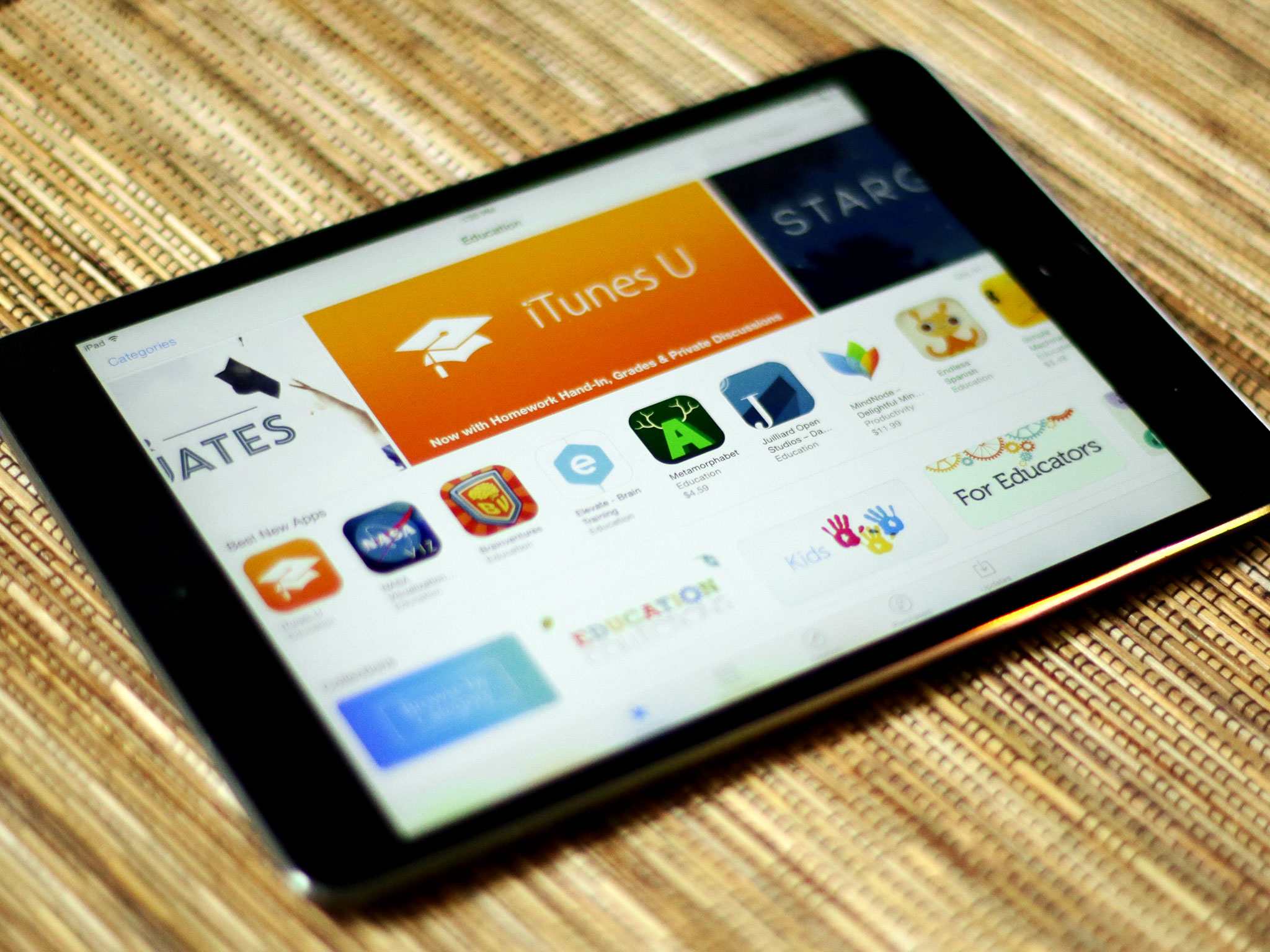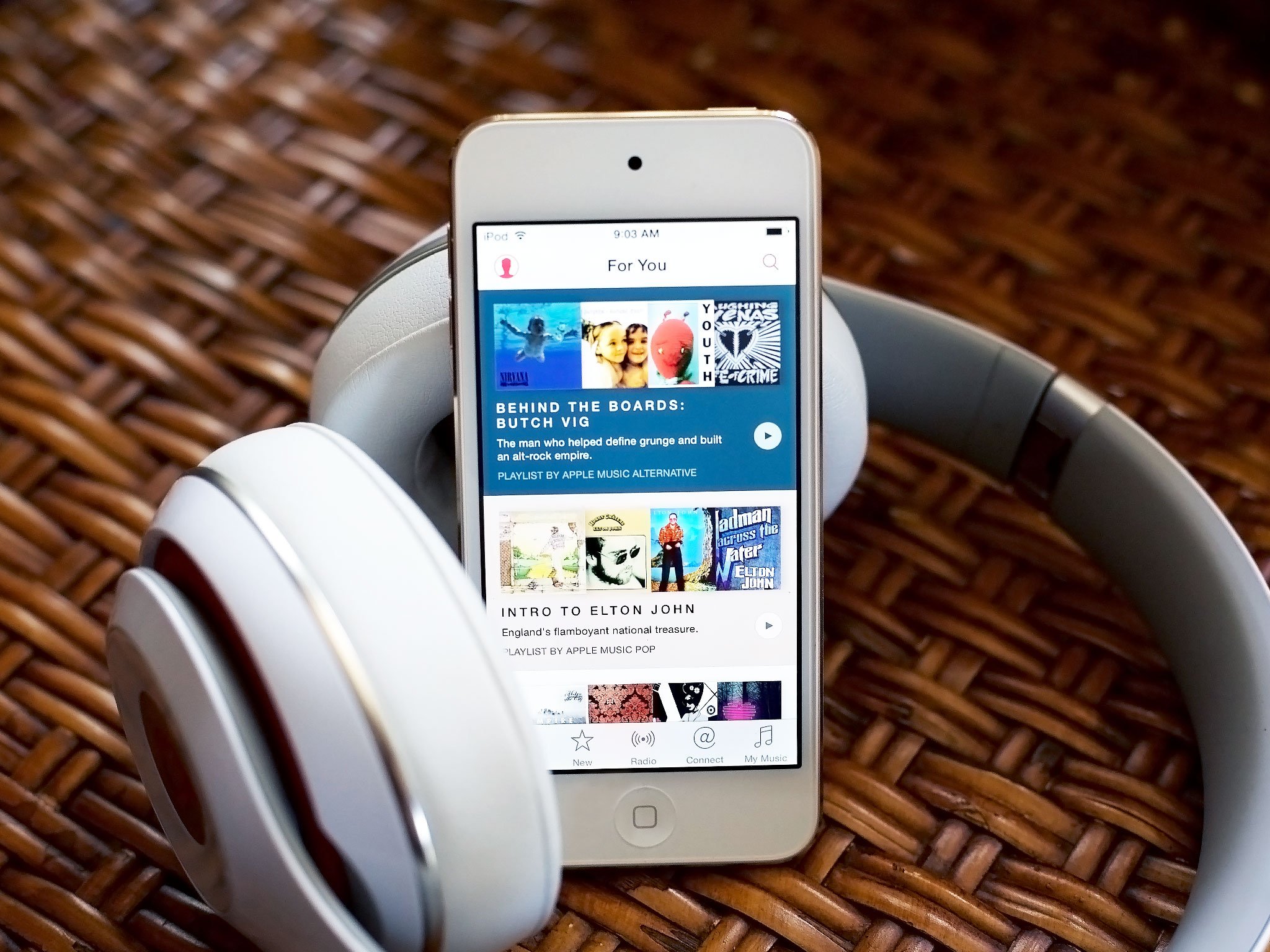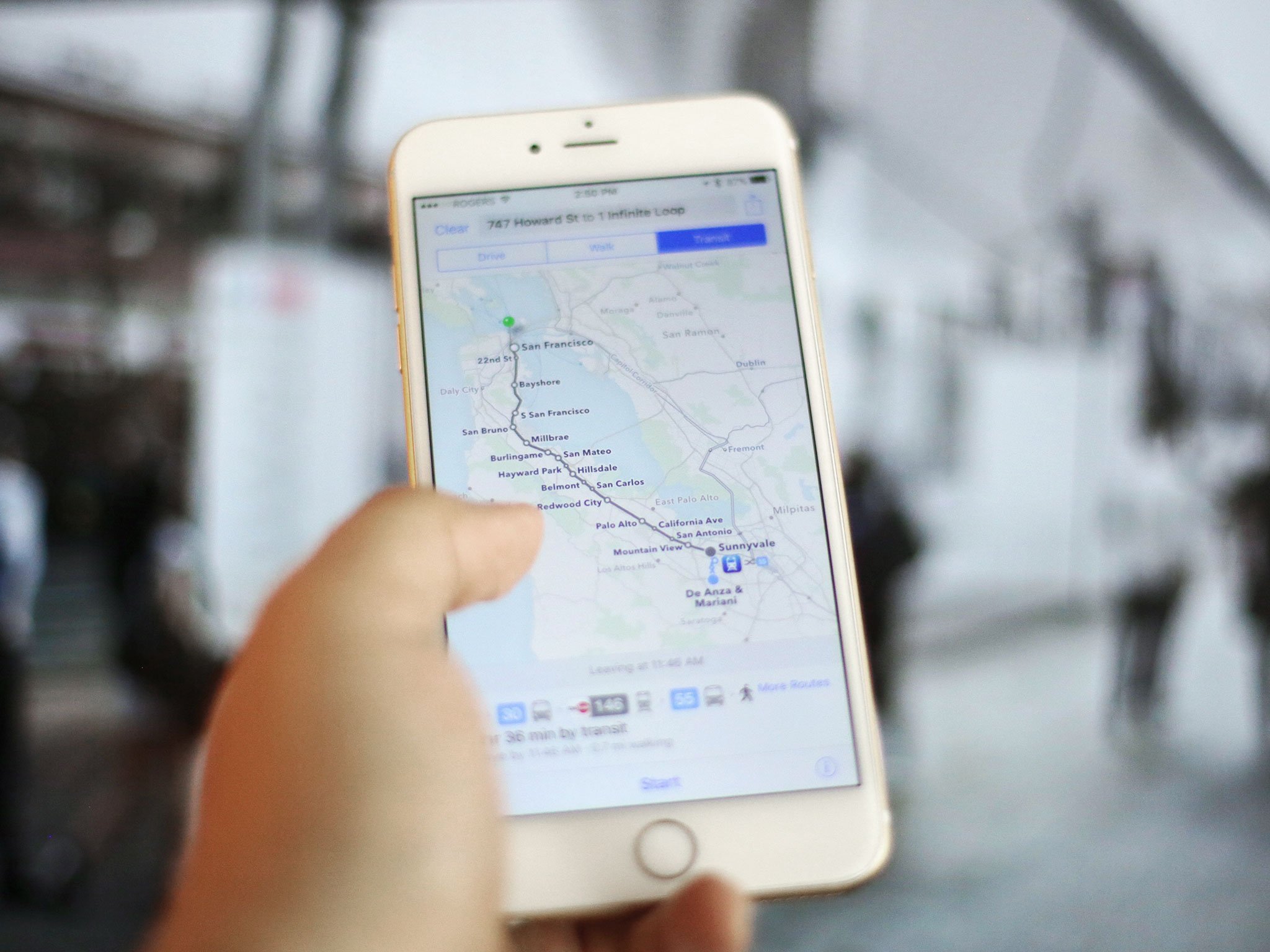Regarding built-in iOS apps being split out into the App Store

The idea of Apple unbundling the built-in apps so they can be split out and updated at any time via the App Store is an old one. There are some merits to the idea but also some drawbacks. In theory, it would allow for bugs to be fixed and features to be rolled out faster than operating system updates would otherwise allow. In practice, it's much more complicated. That's why it's one of those things everyone suggests, but few go further than the suggestion. So let's go further.
Google vs. Apple
One of the reasons people suggest Apple should unbundle the built-in apps is because Google has already done that on Android. iOS and Android, however, are very different systems.
For Google, as a modular operating system provider, it makes a lot of sense. By putting apps into the Play Store, Google can push them whenever it wants or needs to. Not so with operating system updates. Google can make those whenever they want but they often as not grow old and die waiting for manufacturers and carriers to implement and release them.
Apple doesn't have that problem. Apple is integrated device provider. There are no manufacturers to deal with, and Apple removed even the carriers as roadblocks long ago. As a result, Apple can update iOS any time they like, as often as they like. Theoretically, they could do it as often as Google could push a Play Store app update.
App vs. system
It goes deeper than that, though. A lot of what Apple does with apps occurs at the system level. That's what makes iOS so efficient. It also means that what can look like an app bug or app feature is really something at the system level.

Take the recent Messages bug that, when encountering a set of Arabic characters, crashed the system. It was a result of Unicode parsing, which meant it also affected notifications and a few App Store apps, and to properly fix it required an update at the system level.
That holds true for anything use core or foundational frameworks or system-level application programming interfaces (API).
Master your iPhone in minutes
iMore offers spot-on advice and guidance from our team of experts, with decades of Apple device experience to lean on. Learn more with iMore!
Theoretically, Apple could modularize and package up code unique to each app, so each one could stand alone with few if any system dependencies. But that would significantly increase complexity and introduce severe redundancy and bloat. Bugs would have to be fixed and features introduced one at a time, even if wide applicable. In other words, it would make iOS worse.
App vs. cloud
Increasingly, many of the features found in apps aren't local to the device but live in the cloud. Siri, iTunes Match, Apple Music, Maps, App Store, iTunes Store, iBooks... the list goes on and on. All of these apps already receive server-side updates whenever the need arises.
There's no need to download and install an operating system or even an app binary because it's all handled behind the scenes. Siri and Maps especially have received near-constant updates over the last few years. No unbundling needed.
This is also why those currently experiencing bugs with Apple Music wouldn't benefit from the Music app being in the App Store. It's the service that needs to be fixed, not just the binary.
The unbundled person-hour myth
It might seem that unbundling apps would lead to better and more frequent updates, but the two have nothing to do with each other. In fact, when apps are unbundled, and no longer tied to high-priority projects like system software updates, they can languish on the App Store without significant updates for months or years. Apple Remote was a famous example of this.
There are only so many engineers to go around, and whether an app is bundled or not doesn't change the number of engineers who how fast they can work.

The new Music app didn't wait on iOS 8.4. iOS 8.4 was for the new Music app and the Apple Music services that came with it. Transit in Apple Maps isn't waiting on iOS 9. iOS 9 is when Transit will be beta tested and ready for limited release.
They're co-dependant. By pushing app updates as part of operating system updates, Apple knows everyone who has the new app also has the new operating system that supports it, and vice versa. And if an app required an OS update for it to be installed, there's little advantage to it being unbundled anyway.
Podcasts, while it was still on the App Store, was updated 16 times. During the same period, iOS was updated 20 times. iBooks, while still on the App Store, was updated 24 times. iOS, 40 times. So, even if Calculator and Stocks were moved to the App Store, it's tough to believe they'd get updated any more frequently than they do now.
The truth is, apps being bundled or unbundled doesn't make updates any slower or faster. Apple is in sole control of the company's update pace. They've pushed out urgent updates in days when they've needed to, and gone months without an update when they didn't need to.
The user experience myth
There's some belief that if built-in apps moved the App Store they'd be easier and more convenient to update. On the Mac, for example, system updates are handled by the Mac App Store, as are Safari updates.
For consistency reasons alone it could be valuable to have software update handled by both System Preferences and Setting, or Mac App Store and iOS App Store. That aside, there's little advantage either. Updates that involve core system features would still require restarts, and updates that languish in Settings could still language in App Store or vice versa.
The unbundled advantage
There are a few advantages to unbundling. If designers decide to move a button around on screen, and they're using UIKit instead of WebKit to render it, an App Store update could get it done without having to wait for an iOS update.
Likewise, if a crash bug is caused entirely by an error in local code, with no server side solution possible, and somehow wasn't detected and fixed in any of the beta releases, it could also be fixed faster via an App Store update.
But those kinds of things don't happen. Apple designers don't move buttons around at random and the last few times there have been major bugs in an iOS release they've been related to wireless connectivity or other system-level features that would—wait for it—require an iOS update anyway. (Which Apple has delivered, quickly.)
The bottom line
I like the idea of moving built-in apps to the App Store, which is why I've been one of the people talking about it for years. But the more I learn about why the system is the way it is, the more I realize ideas are much, much easier than implementations.
iOS isn't Android, so the iPhone and iPad wouldn't get the same advantages Google gets by moving core apps to the Play Store. And what advantages there are need to be weighed against the complexities and inefficiencies the transition would introduce.
Apple might one day make that move—though they haven't done it on OS X either—or they may continue to evolve apps to the point where features are completely unbound from binaries.
The truth is, Apple doesn't need to do anything other than provide important updates in as timely a manner as possible, and that's completely unbound from built-in or App Store details.

Rene Ritchie is one of the most respected Apple analysts in the business, reaching a combined audience of over 40 million readers a month. His YouTube channel, Vector, has over 90 thousand subscribers and 14 million views and his podcasts, including Debug, have been downloaded over 20 million times. He also regularly co-hosts MacBreak Weekly for the TWiT network and co-hosted CES Live! and Talk Mobile. Based in Montreal, Rene is a former director of product marketing, web developer, and graphic designer. He's authored several books and appeared on numerous television and radio segments to discuss Apple and the technology industry. When not working, he likes to cook, grapple, and spend time with his friends and family.
